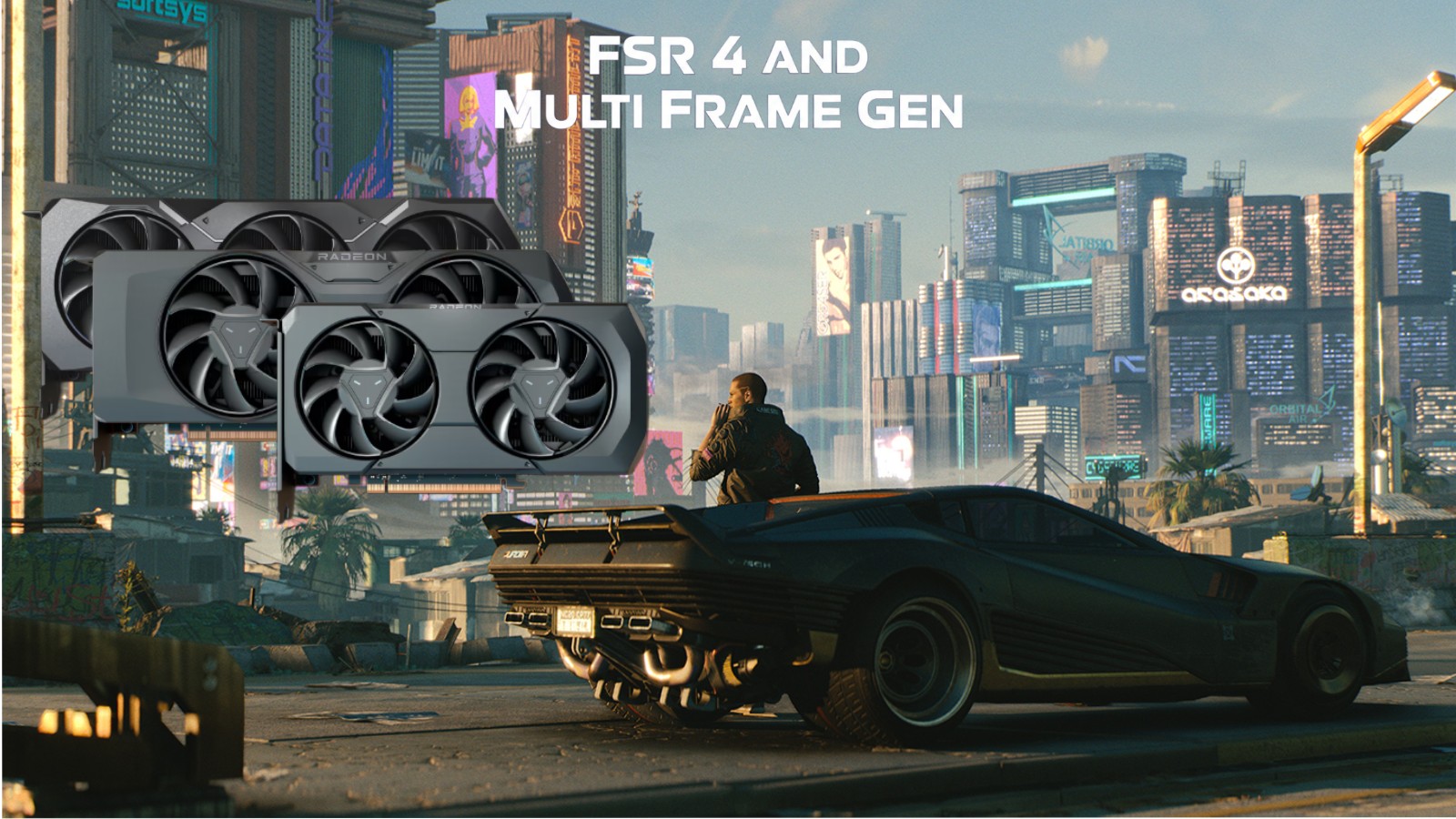The successor to the Nvidia Ada Lovelace generation is reportedly codenamed Blackwell. Unlike Ada Lovelace, the next generation of Nvidia cards will bring forth a new design, which would be used for both data center and AI products.
Compared to AMD and Intel, which now rely on the new MCM (multi-chip module) design, Nvidia’s current Ada Lovelace and Hopper lineups still rely on the old monolithic design.
Nvidia’s high-end GA100 and GH100 graphics cards feature a die size of 826 mm² and 814 mm². It is relatively hard to get good yields at such a large die size, and this size is near the limit of the maximum reticle size of 858 mm².
According to Kopite7kimi, Nvidia has different plans to adopt multi-chip module designs to solve this problem.
After the dramas of GA100 and GH100, it seems that GB100 is finally going to use MCM.
— kopite7kimi (@kopite7kimi) September 18, 2023
Kopite7kimi expects the flagship Blackwell GB100 GPU, dedicated to data centers, to adopt a multi-chip module design. However, consumer cards like the upcoming GeForce RTX 5090, based on GB202 GPU, are expected to remain monolithic.
Aside from the one major change, specifications between the GB100 and GB202 are expected to remain the same. Adopting a multi-chip module design for the GB100 GPU will help Nvidia come up with a more flexible design, which can be customized for various clients depending on their needs.
Regardless of what Nvidia decides to go with, there is still a lot of time left for Nvidia to finalize its next generation of products. The company is also rumored to be testing a new 3nm manufacturing node from Samsung, though Kopite7kimi believes otherwise.
Whatever the case may be, Nvidia appears to be serious about the next era of AI and computing, making major changes by going with a chiplet design for Blackwell architecture.
Thank you! Please share your positive feedback. 🔋
How could we improve this post? Please Help us. 😔
[News Reporter]
Malik Usman is student of Computer Science focused on using his knowledge to produce detailed and informative articles covering the latest findings from the tech industry. His expertise allows him to cover subjects like processors, graphics cards, and more. In addition to the latest hardware, Malik can be found writing about the gaming industry from time to time. He is fond of games like God of War, and his work has been mentioned on websites like Whatculture, VG247, IGN, and Eurogamer.




